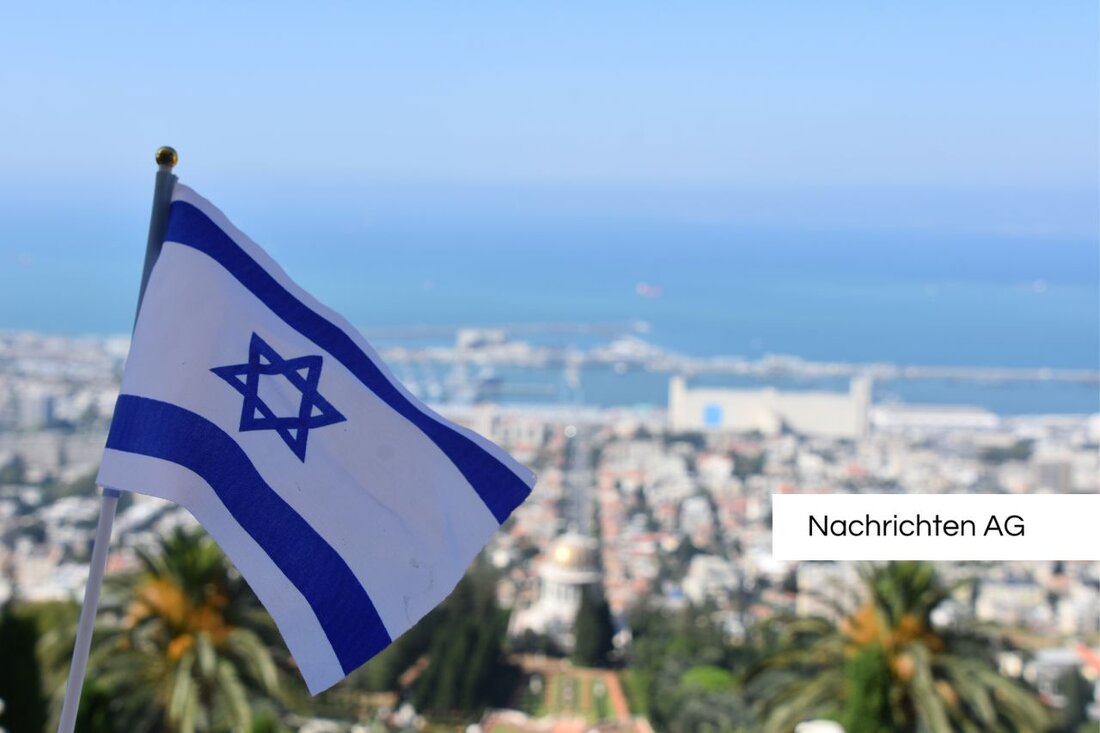Hard debates at the Viennese festival weeks: Cancel Culture and freedom of expression
Hard debates at the Viennese festival weeks: Cancel Culture and freedom of expression
On Sunday evening, the first part of the "Wiener Congresse" took place as part of the festival weeks under the direction of Milo Rau. The event highlighted the current topics "Cancel Culture" and the political tensions due to the conflict in the Gaza strip. Overall, the discussion took more than 11 hours and brought together a variety of experts and controversy. The entire spectrum of the event was reflected in the discussion panels, which revolved around the traffic of freedom of expression in times of political sensitivity.
A central topic was the use of the term “genocide” in relation to the Israeli military actions in Gaza. A jury who dealt with this question could not agree on a clear judgment - two votes affirmed and two voices denied the use of the term. The majority, however, have been determined that the term could be regarded as "propaganda" and not as anti -Semitic. In a statement, a restriction of freedom of expression in Austria and Germany, which requires special vigilance in these countries, was also determined in a statement.
politically motivated dismissals and freedom of art
Another scandalous point was the termination of political scientist Ulrike Guérot by the University of Bonn. Overall, the jury spoke out against politically motivated dismissals, but recognized the allegations against Guérot as justified. This raises the question of how freedom of expression and professional security behave in an increasingly polarized political climate. In another conversation, interventions in freedom of art in countries such as Slovakia and Hungary were discussed. Here the jury saw releases of management positions in the cultural sector as understandable, but not legitimate.
Social media and Cancel Culture
The role of social media was discussed in several discussions. These platforms have become a central stage for social debates that are often led heated and emotionally. Anonymity promotes the publication of articles that often move at the limit to punishable statement. In such a dynamic environment, topics such as "Cancel Culture" and doxing are of crucial importance. According to legal assessments, there are clear criminal regulations, which, however, are not always easy to implement in the digital world. An example of this is the Basic Law that protects freedom of expression in Article 5, as long as there is no abuse criticism or injury to honor.
In addition,In an answer to a small request from the AfD faction, the federal government illuminated the difficult to definable framework conditions of Cancel Culture. According to the Federal Government, the applicable law is sufficient to ensure free public discourse, whereby concrete statistics or knowledge about account extinguishing and user complaints in social media are missing.
The discussion about Cancel Culture also raises deeper questions about social values. While some consider the movements critically, others see them as the necessary form of protest against unpopular statements. Experts like Harry Lehmann from the University of Luxembourg emphasize that a new media culture has been leading extreme positions in institutions since 2013 and the Slovak author Michal Hvorecký denounces the spread of conspiracy theories and extremist attitudes on the Internet.
Overall, the opening event of the "Wiener Congresse" illustrates the complex questions about freedom of expression, Cancel Culture and the role of social media in public discourse. While the debates on such topics are increasing, it remains to be seen how these positions develop and what effects they will have on the social discussion.
Further information can be found here: vienna.at , anwalt.de, Bundesag.de .
| Details | |
|---|---|
| Ort | Vienna, Österreich |
| Quellen | |


Kommentare (0)